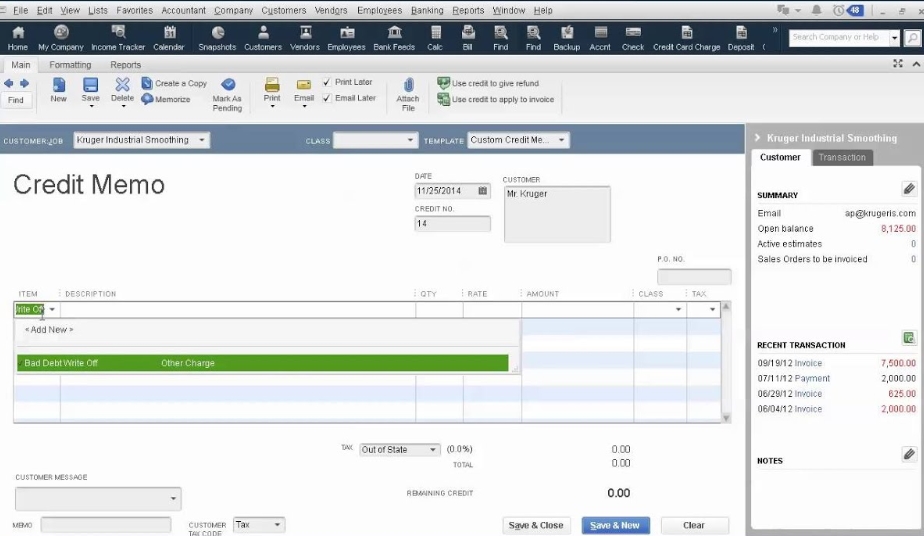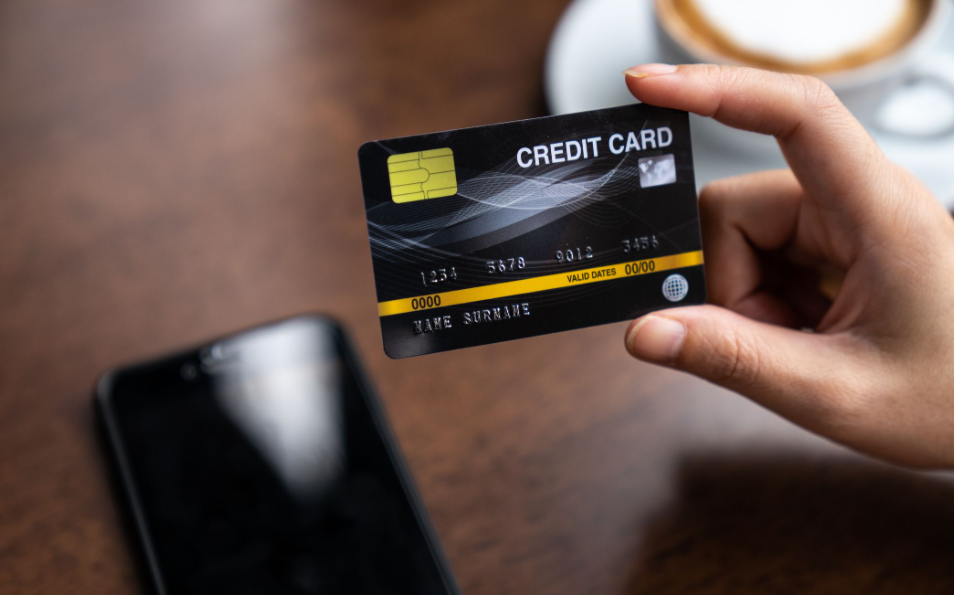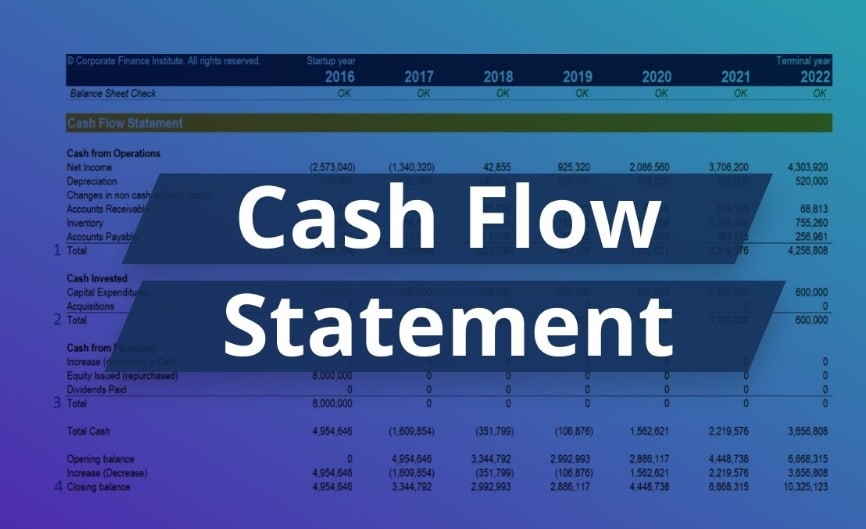How to avoid impulsive purchases? Check out these tips and avoid debt!

Anúncios
Impulsive buying is definitely a major issue for the financial health of many people who have this habit.
In the United States, easy access to credit through frequent offers and promotions, combined with the constant flow of advertising, leads consumers to purchase products and services without real need.
Anúncios
Often, these unregulated expenses result in debts that could have been avoided with a little more planning and self-control.
Throughout this text, we will better understand what impulsive purchases are and how you can avoid them to keep your finances in order. Ready for the tips? Check them out!
Anúncios
What are considered impulsive purchases?
Impulsive purchases are those made without prior planning or real need. It’s when you buy something on impulse, without thinking about the financial consequences or the usefulness of the item.
This type of behavior is usually motivated by emotions like stress, anxiety, boredom, or even the immediate reward sensation that the acquisition brings.
A classic example of impulsive buying is when you’re grocery shopping and add items to your cart that weren’t on your list.
It’s common for this to happen with sweets and drinks, simply because they were on sale or because you had a sudden craving for them.
Another frequent example is buying clothes or electronics during an online sale just because the price seemed “too good to ignore.”
Although these purchases may seem harmless at first, the accumulation of these small impulsive buys significantly impacts your budget in the long term.
How to stop making impulsive purchases?
Controlling the urge to buy impulsively is not easy, especially in a world where we are constantly encouraged to consume.
However, there are several strategies that can help you make more grounded financial decisions and avoid unnecessary debt. Below, we highlight some practical tips to tackle this problem.
Always stick to a budget
The first step to avoiding impulsive purchases is having a clear and realistic budget.
After all, when you know exactly how much you earn and can spend each month, it’s easier to resist the temptation to make an impulsive purchase.
A well-structured budget helps maintain control over your finances and prevents you from spending more than you can afford.
By planning your monthly expenses, you can set priorities and allocate part of your money to savings or investments, ensuring greater financial stability in the future.
Reflect on your needs before spending
Before making any purchase, it’s important to reflect on the real necessity of the item. Ask yourself: “Do I really need this now?” or “Will this item bring lasting benefits to me?”
Often, when we stop to think for a few minutes, we realize that the urge to buy is just momentary and that the item in question won’t have a positive long-term impact.
Therefore, by engaging in this reflection exercise, you avoid an impulsive purchase and, as a result, save money.
Make a shopping list
Whenever you go shopping, whether at the supermarket, department stores, or online, have a list of what you really need to buy at that moment.
A shopping list is a simple yet extremely effective tool for avoiding impulsive purchases. By committing to buying only what’s on the list, your chances of falling into temptation and buying unnecessary items greatly decrease.
This practice helps save time and, of course, money, as you stay focused on your needs and avoid distractions that could lead to possible debt.
Know the 24-hour rule
The 24-hour rule is an efficient technique for containing the impulse to buy immediately. Whenever you feel like buying something, wait 24 hours before making a final decision.
This time interval allows you to reflect more calmly on the purchase and assess if it’s really necessary.
When we wait before deciding to buy something, we often realize that the desire to acquire the item was just fleeting and that we can live perfectly well without it.
Thus, applying this rule in your daily life can be very useful for larger purchases, like electronics or expensive clothing, which tend to have a more significant impact on your budget.
Prefer to pay in cash
We can’t deny that using a credit card is convenient, but it can also be a trap for those prone to impulsive buying.
Buying with a credit card makes it easier to lose track of how much we’re spending and the financial impact that will only be felt later when the bill arrives. Have you ever experienced this?
Whenever possible, prefer to make your purchases in cash or with a debit card. This way, you get a clearer and immediate perception of your spending and can control yourself better.
Avoid content that encourages spending
Social media and shopping websites are full of ads generated by algorithms tailored to your consumption profile, as well as influencers encouraging constant spending.
For those who find it difficult to control impulsive buying, it’s crucial to avoid these types of content.
Therefore, an effective strategy is to limit the time you spend on social media and opt to follow profiles and pages that promote financial education, minimalism, and sustainability.
Another important tip is to install ad blockers on your browser, reducing the number of tempting offers that appear while you’re online.
Be careful with credit card use
A credit card is a useful tool, but it’s also dangerous for those who struggle with impulsive purchases.
The ability to split purchases and delay payment until the next month can lead to loss of control over your finances and result in paying eventual interest charges.
If you tend to be impulsive with credit card use, a good solution might be to limit how often you use the card or leave it at home when you go shopping.
Another interesting tip is to set a specific monthly spending limit on your credit card and commit to not exceeding it.
Impulsive purchases are a reality for many consumers and can seriously compromise financial health in the long run, causing stress and worry.
But with planning and self-control, it’s possible to adopt habits that minimize this behavior and ensure greater stability in personal finances.
Keeping a budget, reflecting on your real needs, using the 24-hour rule, and avoiding excessive use of credit cards are some fundamental tips that can help.
Controlling external stimuli, such as advertising and social media, is also a good strategy we’ve shared for you to avoid unnecessary spending.
By following these tips, you’re already on the right path to avoiding impulsive purchases and staying free from unnecessary debt.
Did you like the content? Keep following our website for more articles.





